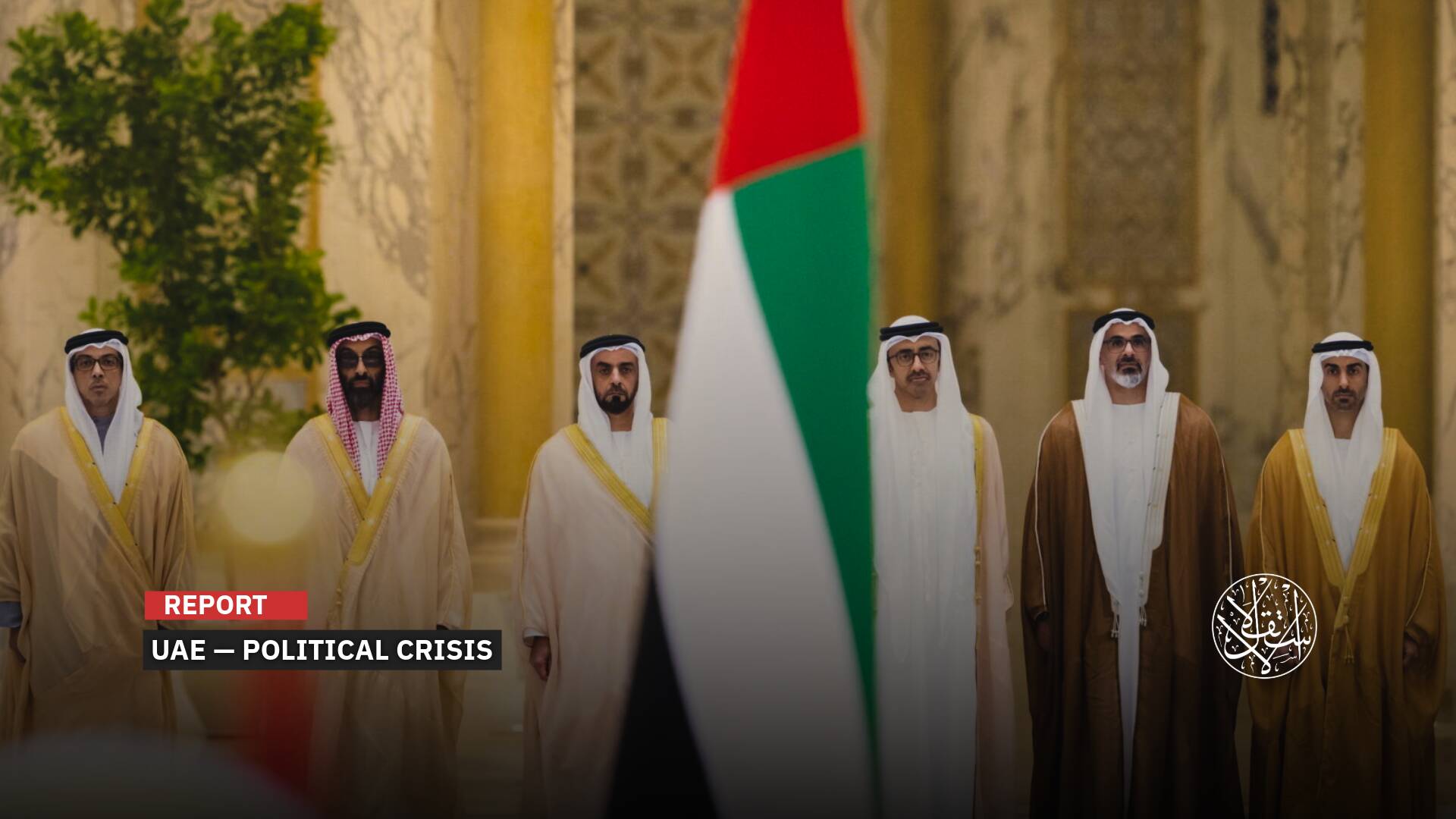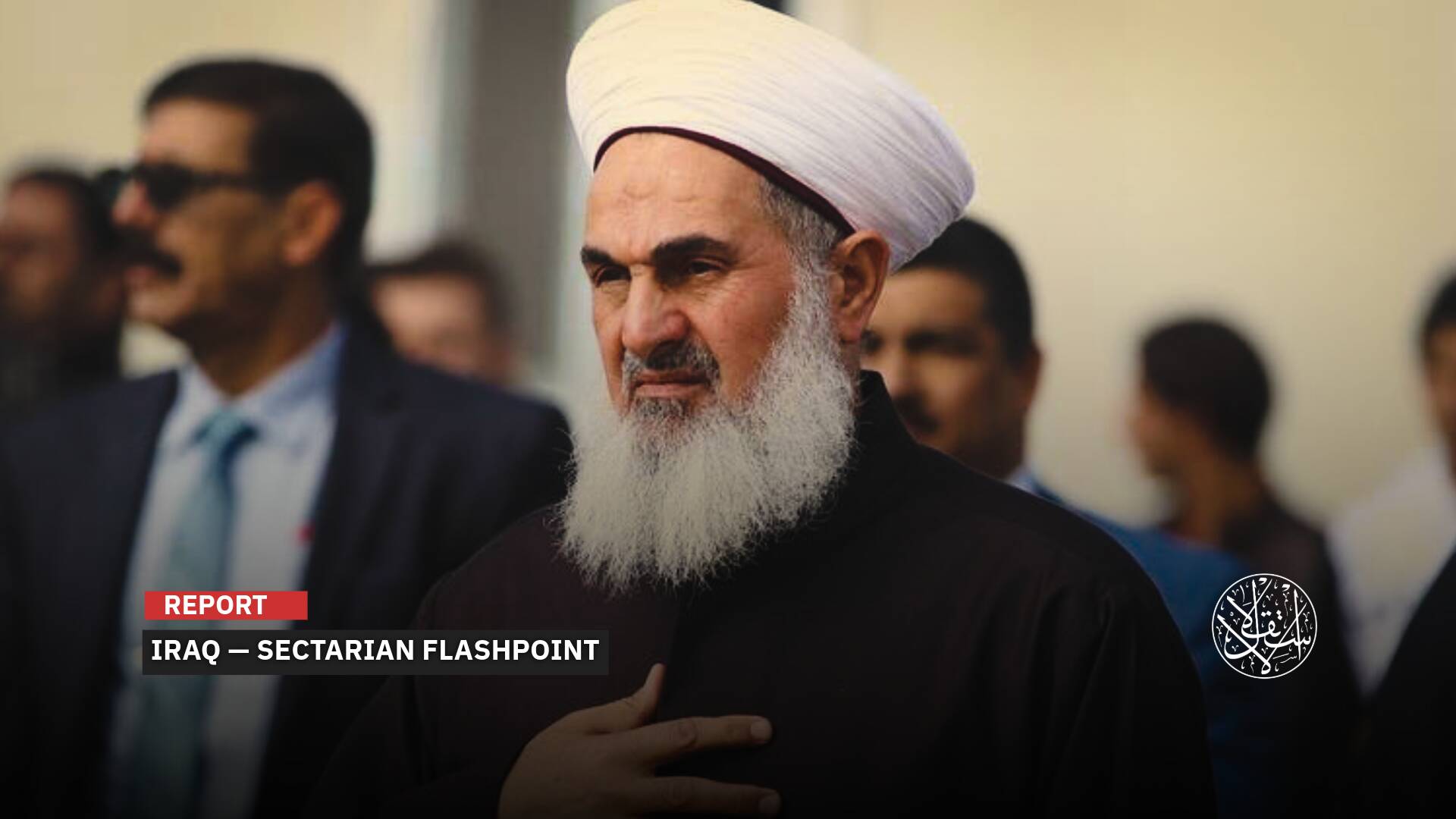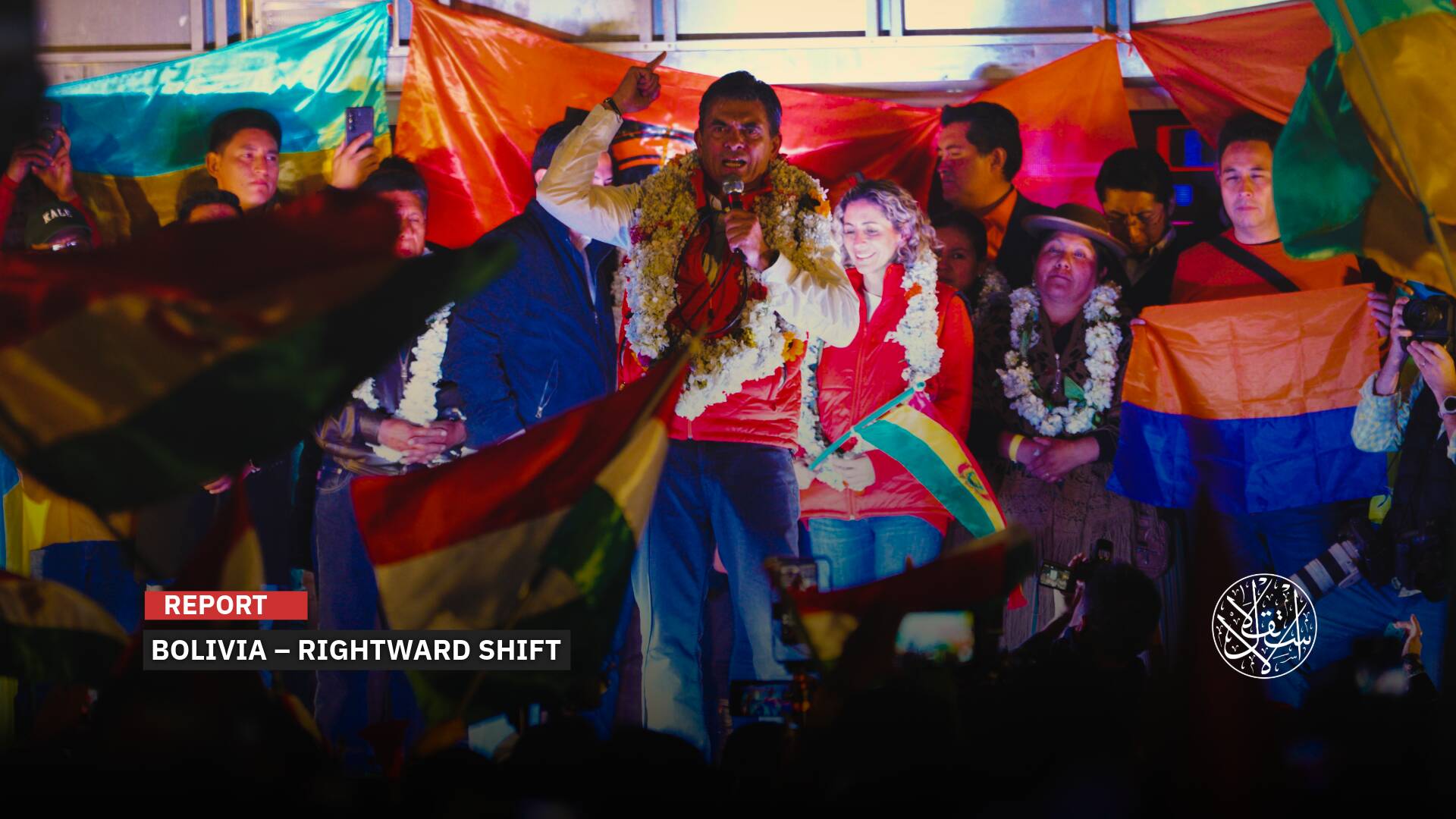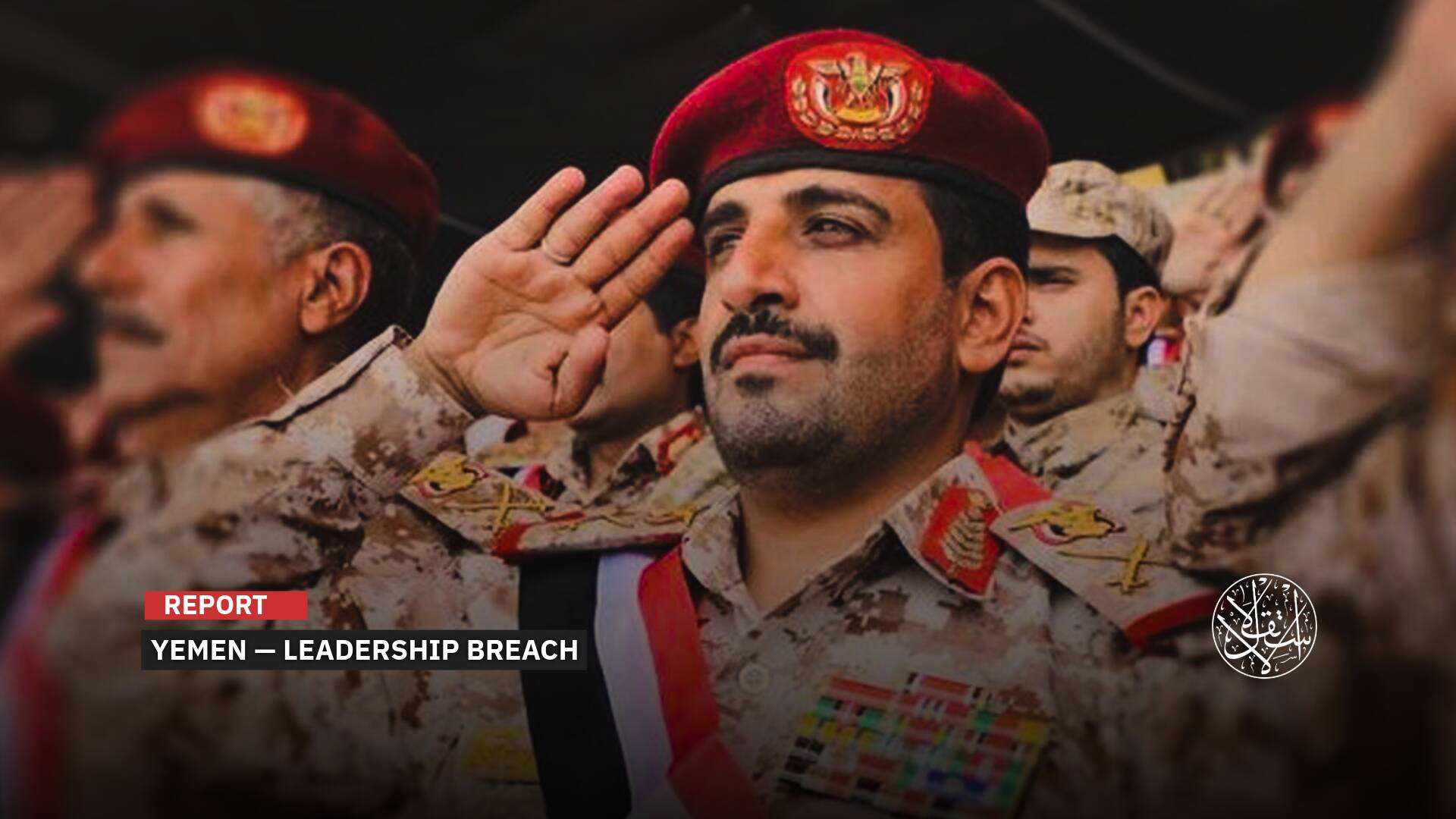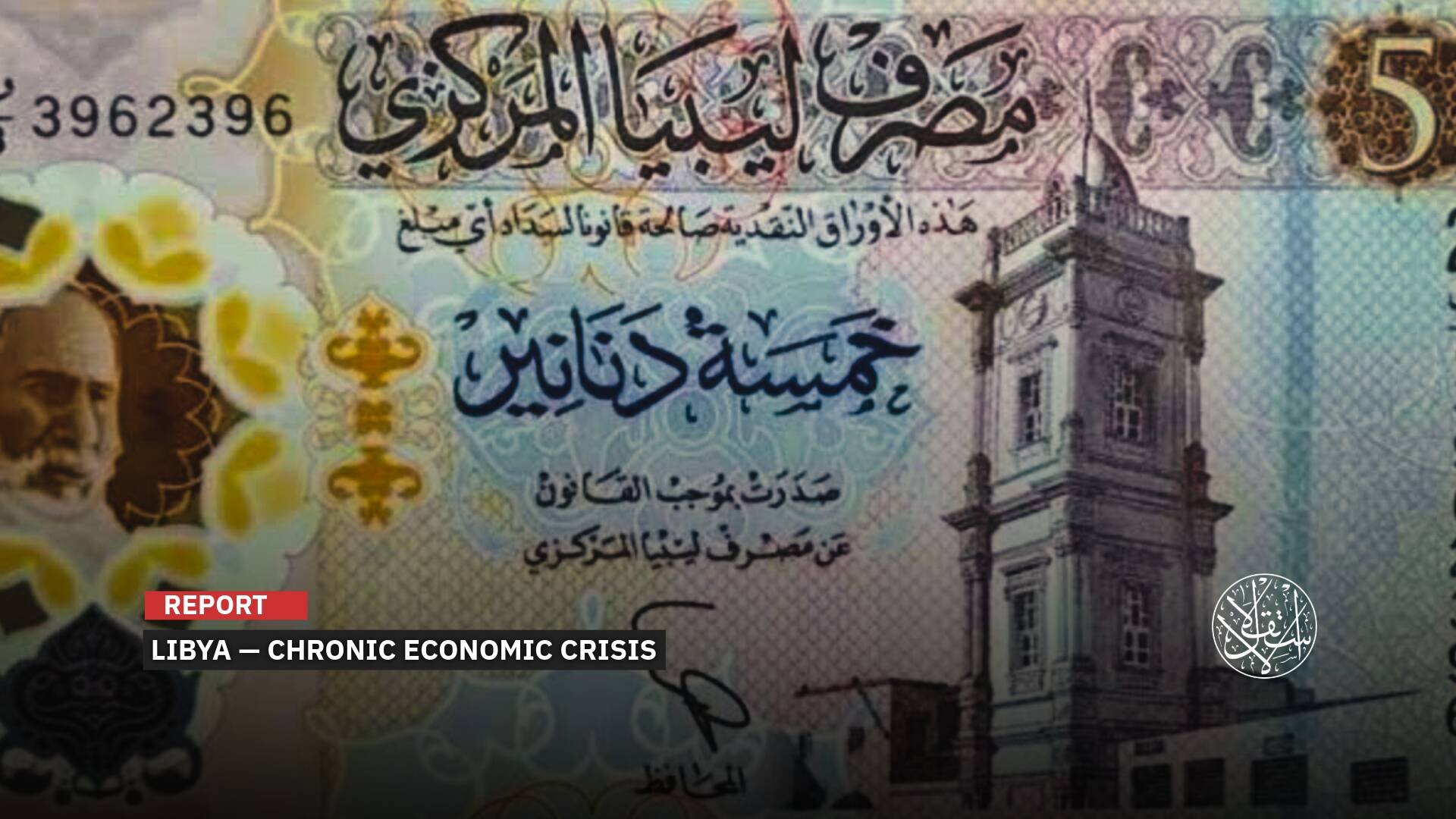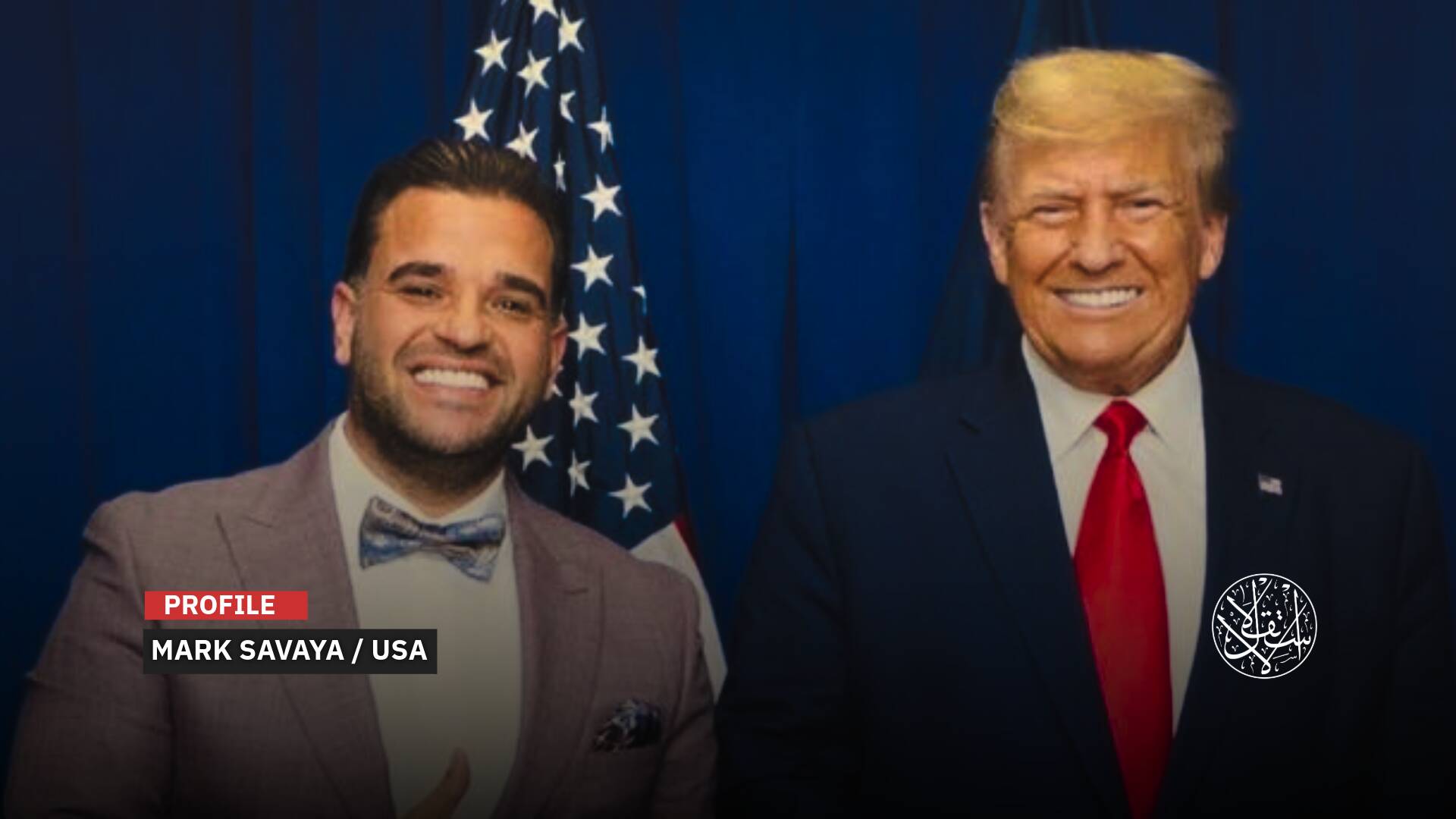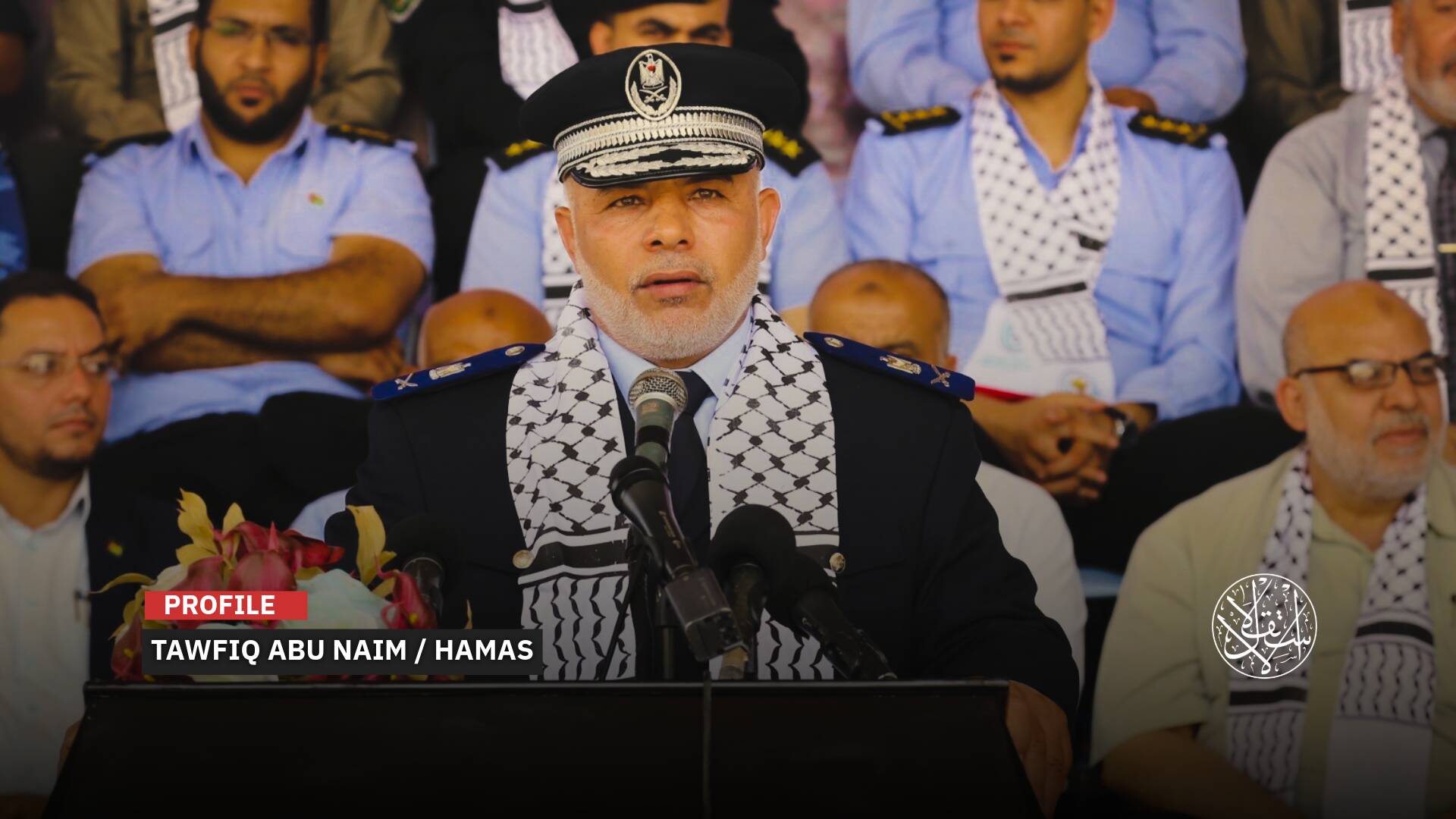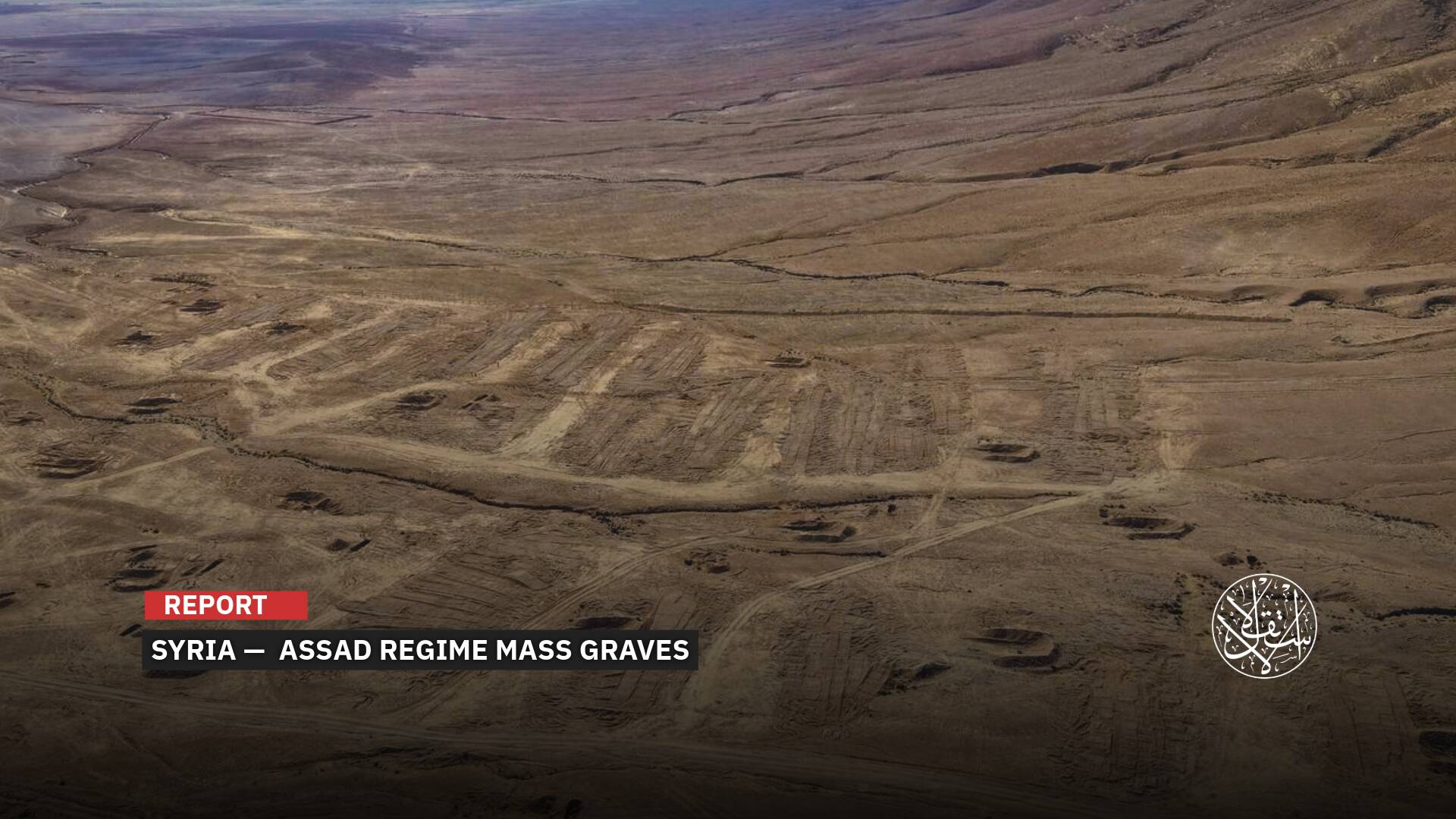Why Did Sisi and Bin Zayed Bring Him Back to the Libyan Scene?

Libyan coup leader Khalifa Haftar arrived in Cairo on August 9, 2021, to restore Egypt's and UAE's support for his forces, amid speculation that Libya would return to the war square and thwart the December 2021 elections.
Haftar arrived at an Egyptian invitation after public disputes erupted between him and Libyan unity government chief Abdelhamid Debiba, the first of which refused to submit his rebel forces to the second order as commander-in-chief of the army.
The escalating situation followed a meeting with Libyan Prime Minister Recep Tayyip Erdogan in Ankara on August 7, 2021, which confirmed his full support for Debiba.
The timing of Haftar's Egyptian invitation just two days after Debiba's visit to Turkey comes amid talk of a decline in Egyptian-Turkish reconciliation steps in 2021, due to disagreements over Libya's case.
Observers believe that Cairo's recall of Haftar and the return to play his card again came in response to Turkish support for the Debiba government, and Turkey's refusal to withdraw its troops as demanded by Egypt.
In conjunction with Haftar's arrival in Cairo, an Emirati delegation headed by National Security Advisor and Intelligence Operations Officer Tahnoun bin Zayed arrived and met with Egyptian regime president Abdel Fattah al-Sisi august 10, 2021.
“Emirates Leaks” revealed August 11, 2021, that Tahnoun's visit was aimed at discussing "ways to support Abu Dhabi ally Khalifa Haftar, the leader of militias in eastern Libya, and strengthen his position."
"Strengthening coordination with the Egyptian regime on intensifying support for Tunisian President Qais Said following his recent coup against the elected parliament and the dissolution of the government to strengthen his powers," he said.
Egyptian-UAE coordination with Haftar, and the vow of a return to war escalated with signs of failure in the December 2021 elections, coinciding with the BBC's August 10, 2021, revelations of documents showing preparations for a renewed war in Libya.
The documents showed Wagner's mercenaries, whose salaries are paid by Abu Dhabi, asked the Russian government to provide them with shipments of military equipment, which meant preparing for a new round of fighting.
Simultaneously, the U.S. Embassy in Libya announced that its ambassador and envoy to Tripoli, Richard Norland, met on August 11 and 12, 2021, with Haftar and Egyptian officials in Cairo.
The embassy said the meeting was "part of U.S. efforts to support Libya's parliamentary and presidential elections scheduled for December 24, 2021."
1/3 U.S. Special Envoy and Ambassador to #Libya Richard Norland is in Cairo August 10 and 11 to meet with Egyptian officials and LNA leader General Khalifa Haftar as part of U.S. efforts to support Libyan parliamentary and presidential elections in December. pic.twitter.com/XELZA1ubhu
— U.S. Embassy - Libya (@USAEmbassyLibya) August 10, 2021
Haftar Card
After Haftar's spotlight receded, and Cairo seemed to have frozen his status or retirement status after recognizing the un-elected government of national unity, Cairo decided to take the dirt off him and bring him back to the front.
A key reason for Cairo's push for this is the failure of reconciliation with Turkey, which rejected an explicit Egyptian request to withdraw its troops from Libya and stressed that its legitimate forces attended by a formal agreement with Tripoli and not militias such as those used by Haftar and his allies.
Egyptian sources tell "Al-Estiklal": "Egypt was seeking to arrange a meeting between Haftar and Debiba in Cairo to agree on several issues concerning Haftar's forces, which do not hinder the presidential and parliamentary elections."
"Egypt and the UAE want to strengthen and ensure Haftar's good position in Libya, allow him to run for president, and finance the Libyan unity government for his forces," she said.
Cairo and Abu Dhabi "support the continued survival of Haftar's forces independent of the Tripoli army in this transitional period, which means that a sword will remain on the neck of the Turkish-backed government of national unity," the sources said.
Although the Debiba government passed 1 billion dinars to Haftar's forces in the draft budget submitted to the House of Representatives out of the 2.5 billion it demands to pay the salaries of its militias, Haftar refused to recognize Debiba's right as commander-in-chief.
After the Libyan Presidential Council rejected appointments and promotions announced by Haftar in his forces in the east, as the council's jurisdiction, in accordance with the UN agreement, Haftar challenged everyone and announced that his forces would not be subject to any authority in Libya other than him.
Speaking on the anniversary of the founding of the Libyan army on August 10, 2021, Debiba replied to Haftar: "The army cannot belong to anyone of any character, but the army of all Libyans."
"Armies existed to protect cities, not to break into them, terrorize their people and destroy their property," he said, stressing that "those who take war as a means never have a foresight because they sacrifice everyone for flimsy arrogance."
Debiba was referring to Haftar's failed military attack on the Libyan capital Tripoli on April 4, 2019.
Belkacem Qazit, a member of Libya's Supreme Council of State, was more outspoken in describing Haftar's refusal to subject his forces to any other authority as a "declaration of a revered rebellion."
"This step is a prelude to previous rebel scenarios for Haftar and means that elections are impossible," he told Al Jazeera on August 10, 2021.
Egyptian concern about the Turkish role in Libya, which prompted it to re-take Haftar's card on the table, explained the details of Egyptian journalist Imad Adeeb, who is close to sovereign organs.
Adib wrote an article in the Lebanese newspaper Al-Sharq on June 26, 2021, entitled "Erdogan is a blackmailed politician (2)" in which he said that Turkey rejected Egypt's demands conveyed to her by intelligence chief Abbas Kamel as a condition for improving relations.
He referred to the transfer of the entire four Egyptian conditions to the Turks, most notably Turkey's withdrawal of its troops and "mercenary forces" that brought it from Syria to Libya, contrary to traditional demands for the extradition of Egyptian dissidents and the cessation of support for the Muslim Brotherhood.
Wagner's Mercenaries
Turkey's refusal to withdraw its forces supporting legitimacy in Libya was one of the reasons for Abu Dhabi's coordination with Cairo to support Haftar's forces again, Wagner's mercenary dumps and preparations for a new round of war to seize the capital Tripoli by force.
More than 1,000 mercenaries from the Russian Wagner group, headed by Russian President Vladimir Putin's aide Yevgeny Brigogen, and other African mercenaries are fighting alongside Haftar's successor forces.
Documents released by the BBC indicated the role of mercenaries in fighting with Haftar and committing crimes including cold-blooded killing of prisoners and civilians and laying mines in residential areas and homes.
It confirmed that the documents bore the signature of former Russian forces paratrooper Dmitry Utkin, founder and commander-in-chief of the Wagner Group.
He asserted that the documents were in Tablet, one of Wagner's Russian fighters, who left him behind after mercenaries retreated from areas south of Tripoli in 2020, after being repeatedly defeated.
The document indicates who is behind the financing and support of the operation, as well as a list of necessary materials demanded by Wagner to hit military targets, including four tanks, hundreds of Kalashnikov rifles, and a modern radar system.
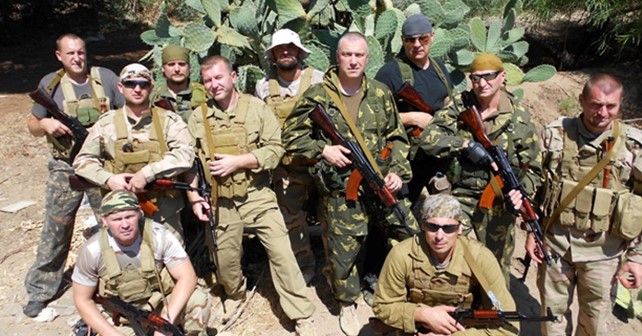
Prior to the documents' appearance, an analysis of the Atlantic Council website on July 22, 2021, ruled out Russia withdrawing Wagner's militants from Libya in the long run.
"Moscow is likely to maintain a military presence in Libya in one way or another," he said.
The Fate of the Elections
Haftar's insistence on a "parallel army" formula and his self-identification as the "army commander", and his threat to return to establish a parallel government in eastern Libya if the elections he obstructs are delayed, are pushing Libya to fight again, observers say.
His declaration that his forces would not be subject to any civilian authority makes the possibility of free elections in areas under his control questionable and even falsified in his favor.
After the government of national unity that emerged from the UN-sponsored Libyan agreement restored hope for Libyans to unite their country, Haftar complicates the game and restores the formula of war as a "parallel army and a parallel government".
Following the UN agreement on a new government and presidential council, Egypt and Haftar bowed to the storm and declared their support for the government of national unity that will lead the December 2021 presidential and parliamentary elections but continued to work to aggravate the situation.
Haftar began the crisis by requesting a budget for his militias from the state budget, and when the unified government refused, he threatened war, and after accepting a budget for his army's salaries he declared that there was no authority for the unified government over his army.
After blocking the passage of the state budget with Tobruk lawmakers, his supporters blocked the crucial meeting of the Libyan Political Dialogue Forum on August 11, 2021, on the establishment of the "constitutional rule" for the upcoming elections.
No agreement was reached on the election of the President directly or indirectly and this proposal was referred to the plenary session of the Forum, nor was it agreed that one or two chambers of parliament (the House of Representatives and The Nation House) would be elected.
Haftar also appointed former interim prime minister Abdullah al-Thani to head an administration he created in his army called political administration, in preparation for the formation of a parallel government of national unity and a resurgence of division.
He was assisted by the speaker of the Tobruk Parliament, Akela Saleh, Haftar’s ally, by announcing his intention to form a new parallel government in the east, if the elections were postponed, even though they were the reason for their obstruction.
"If the elections are disrupted, we will return to square one," Saleh told Reuters on July 28, 2021, warning that a new parallel government would emerge in the east.
Things seem likely to return to the first square already, but the irony is that those who warn against it are the ones who push things to this square, the war again.
Sources
- The lost tablet and the secret documents: Clues pointing to a shadowy Russian army
- Will Russian forces really leave Libya?
- الدبيبة لحفتر: الجيش لا يُنسب إلى شخص.. واللاجئ إلى الحرب يضحي بالجميع
- تونس وليبيا على رأس مباحثات طحنون بن زايد في القاهرة
- حفتر يصل إلى القاهرة بناء على دعوة مصرية لبحث الأزمة الليبية




